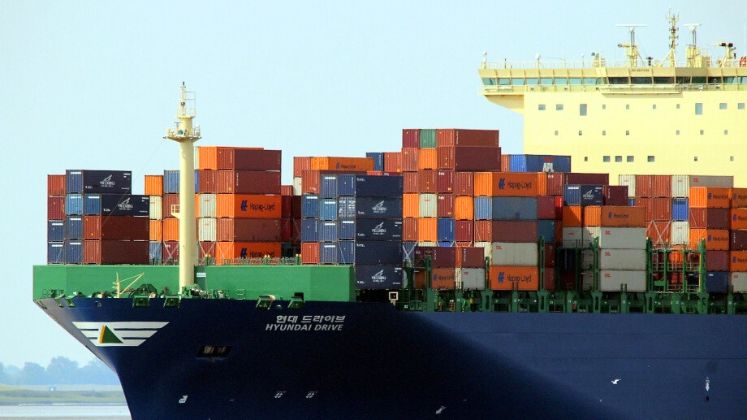
In order to minimise legal ambiguity, cut expenses, and encourage textile reuse and recycling, a groundbreaking study on updating the International Textile Trade Code (HS Code) suggests contemporary methods for handling international shipments of recovered textiles and used apparel.
The research report “Reforming textile trade codes to be fit for purpose for the circular and sustainable textile economy” was released by the University of Cambridge’s Centre for Resilience and Sustainable Development (CRSD), in collaboration with the European Recycling Industries’ Confederation (EuRIC) and the UK’s Textile Recycling Association (TRA).
The World Customs Organisation, the global body in charge of overseeing HS Codes, is getting ready for its next review cycle in 2027, so the report arrives at a crucial moment.
The study identified seven workable reforms that industry, national governments, and the World Customs Organisation could implement to modernise the Harmonised System (HS) codes after consulting with industry stakeholders extensively and using CRSD’s ground-breaking Cambridge Policy Boot Camp methodology.
As part of the upcoming review cycle beginning in 2027, national governments should collaborate with like-minded partners within the World Customs Organisation to pursue HS code amendments.
To make sure that these reforms meet their demands and don’t have unforeseen effects in the future, national governments should be urged to collaborate with TRA and EuRIC to further communicate with stakeholders in the global south’s textile recycling value chain and SHC.
To improve the proposal package and address particulars in policy design, national governments collaborate with TRA, EuRIC, and other industry partners, including those in partner nations.






